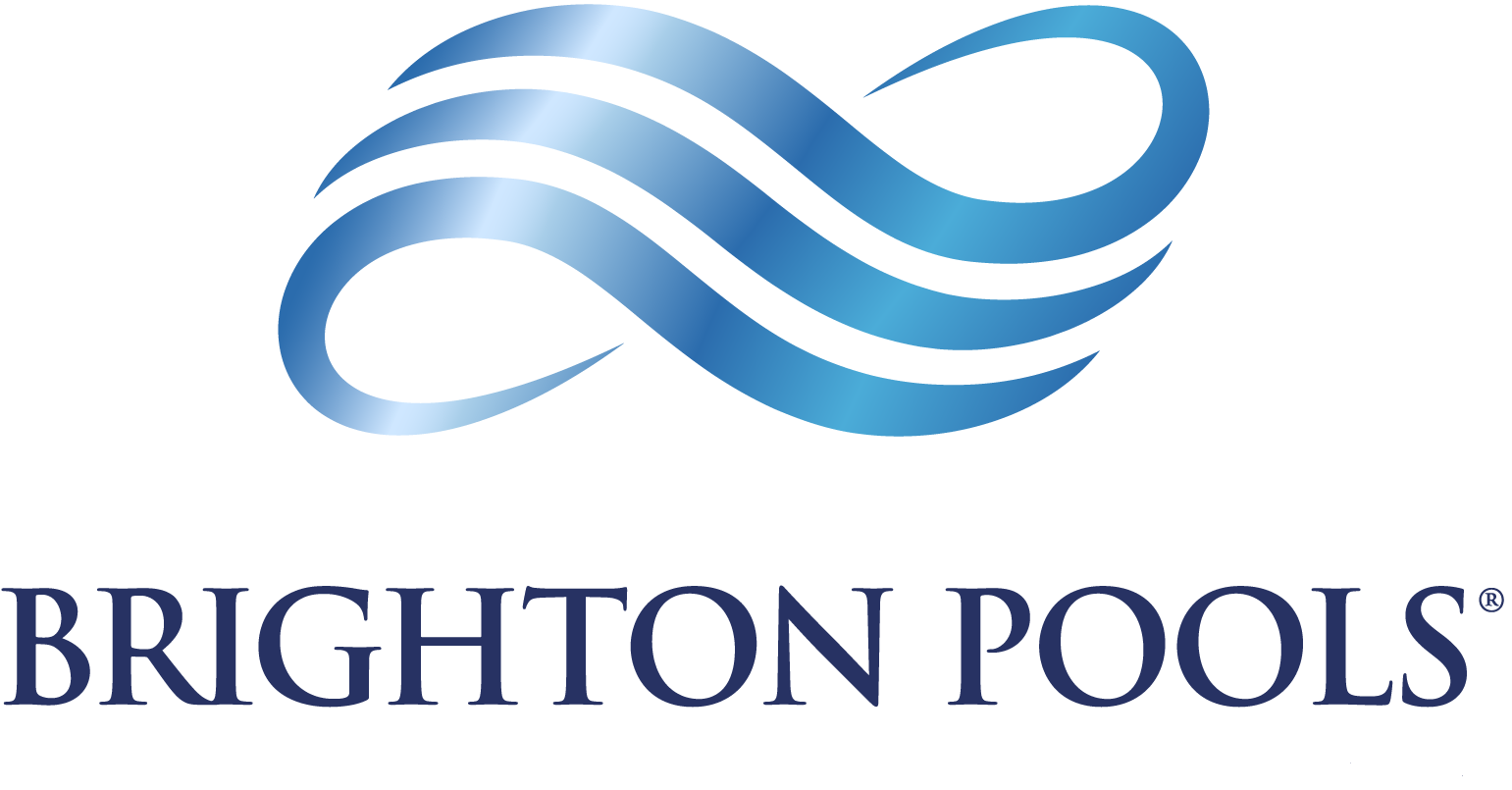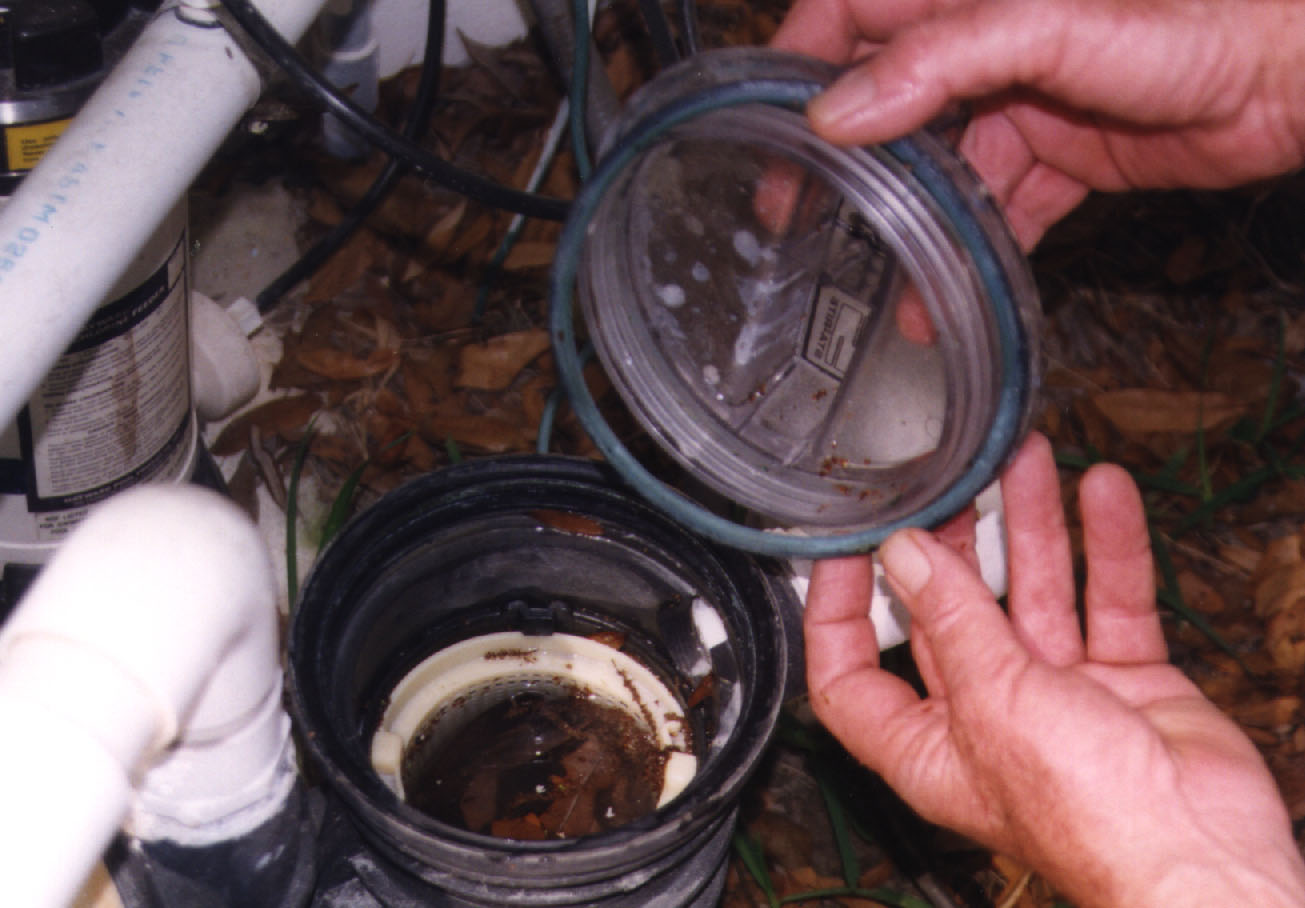
Here are the common problems with a pool pump:
Pool Pump Not Priming
A pool pump that isn’t priming can’t get a steady flow of water through it. Your pump motor is running, but no water is moving. A pump that runs for an extended time without water flowing through can suffer serious damage.
When priming a pool pump, make sure the pump is full of water and the lid is secure. Replace a brittle or damaged o-ring if necessary. If your pump won’t prime on its own, you can force water into the pump using the skimmer. If your pump still will not prime, you may have a blockage or a leak.
Pool Pump Losing Power
A pool pump that appears to be losing power – in other words, it’s not pumping as hard as it used to – may have worn out. In a best case scenario, you may just need to backwash the filter or manually clean it. Reduced power from the pump could be caused by obstructed water flow.
Pool Pump Leaking Water
If your pool pump is leaking water, repair them immediately, especially if the leak is around the seal of the pump. Our pool repair technicians can help. Also, if you’ve had a new pool pump motor installed recently, a seal kit should have been installed, too. This would include a pump seal, o-rings, and gaskets.
Pool Pump Sucking Air
If you notice air bubbles count out of the pool returns, your pump may be sucking in air. Pool skimmers are a common site of air leakage into the pump system. If your water level is too low, air can get into the skimmer lines and be pulled into the pump. You may also have leaks at the intake plumbing. Look for spurts of water near the valves and fittings when the pump is turned off.
Pool Motor Just Hums
Do you hear a humming noise, followed by a “click” when you start the pump? Your motor is failing to start turning. A sensor in your motor shuts it down due to overheating. If power to the motor is left on, your motor will eventually cool down and the cycle will continue over and over again.
In most cases, pool pump problems like this stem from faulty capacitors, stuck impellers, or improper voltage. Replacing a bad capacitor is a low-cost repair. Replacing a pool motor can cost $200 or more. Proper pool maintenance can prevent a pump from wearing out prematurely and save you from costly pool repairs.




